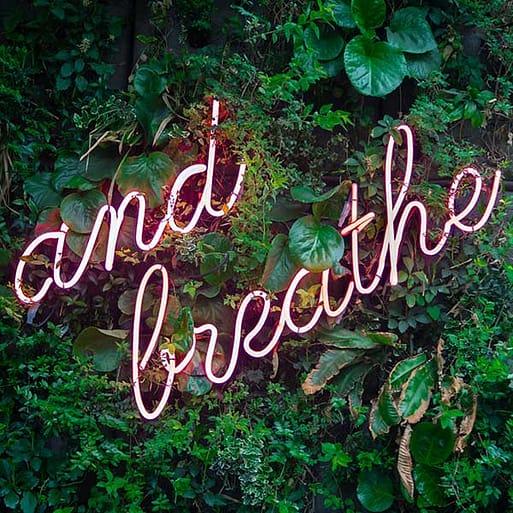
Photo by Max van den Oetelaar on Unsplash
Watching a loved one suffer with a mental health issue is always hard, and often frustrating. It can strain relationships. However, with afflictions like anxiety, depression, schizophrenia, and bipolar, we tend to understand that the person is trying their best and needs extra support. With addiction, we often treat sufferers as though they are simply making a selfish and harmful choice. We label them and tell them to do better. It’s difficult to help or intervene until they’ve hit rock bottom, which sometimes comes through criminal justice means – only deepening the stigma.
My approach is somewhat different. While I honour an individual’s own choice in language and how they self-identify, I personally avoid labels like ‘addict’. A person is always more than their addiction. Separating the person from the behaviour is often the first time they’ve felt relief from the stigma, shame, and blame that can
accompany addiction.
When a behaviour becomes addictive or compulsive, there can be feelings of shame, fear, and loss of control. Individuals, families, and even our culture at large can focus only on addictive actions and consequences – which can be dramatic. We can forget to ask about context: what might lead a person to make a choice like that in the first place?
As an addictions counsellor, I am interested in learning what underlies addiction, self-harm, and destructive impulses. Addictions usually begin as an attempted solution to a problem, not as the problem itself. Author Carol Bridges writes “Addiction is…a wrong turn taken by a strong desire for transcendent experience.”
When working with addictions, a question that intrigues me is: what is the person trying to transcend, and how might they do it more effectively?
People often ask for help when they feel they can no longer cope on their own, and this is the beginning of change. I offer a safe space to be vulnerable about addiction. Your job is healing and transformation; mine is to use my experience as an addictions counsellor to hold your truths with strength and integrity.
*For loved ones of people struggling with addiction, check out my blog post on the subject.
**For those who would like to learn a little more about addiction to substances in particular, I speak about it in this radio interview . In it, we talk about questions you can ask yourself to determine whether a behaviour is becoming problematic, and how to share concerns with a loved one whose substance use may be of concern.
Johann Hari’s TED talk encapsulates the social aspect of isolation and belonging, and how this influences our experience of addiction. His book “Chasing the Scream: The First and Last Days of the War on Drugs” is a great read, as well.
